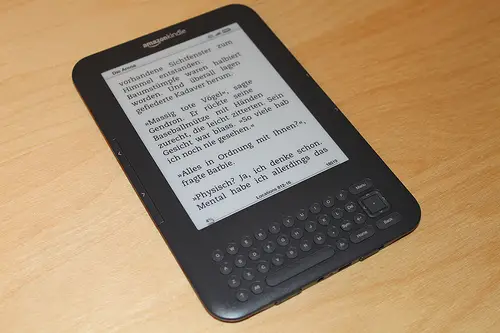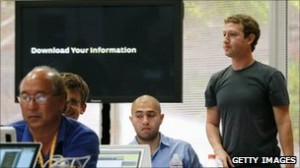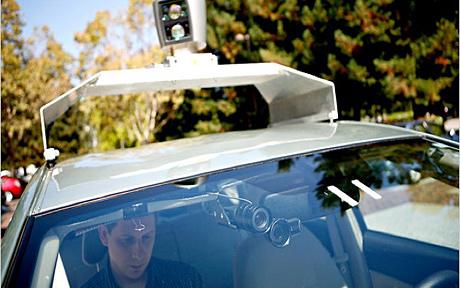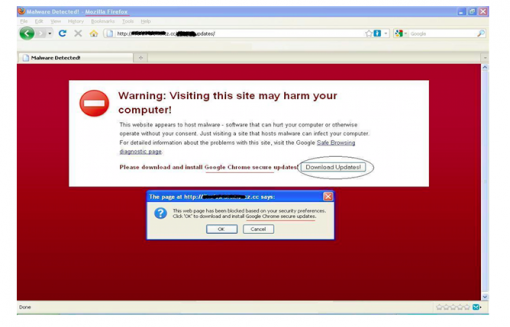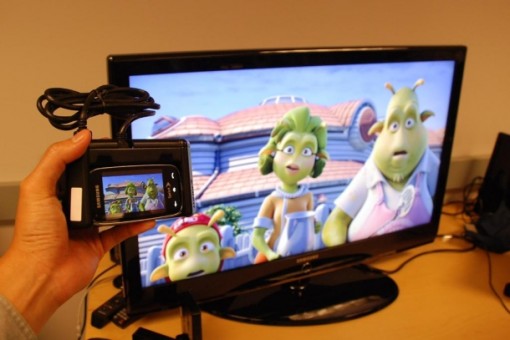 I think I first heard of the term “sexting” from the kids at Glee (yeah, cat’s out of the bag, I used to watch the show). It doesn’t take a rocket scientist to figure out what sexting means (sexually explicit text messaging, in case you aren’t sure), and the guys at Apple are going out of their way to make sure that users who shouldn’t be sexting will not be able to do so – in the future. (Something to think about: who is to determine who shouldn’t be engaging in a certain activity?)
I think I first heard of the term “sexting” from the kids at Glee (yeah, cat’s out of the bag, I used to watch the show). It doesn’t take a rocket scientist to figure out what sexting means (sexually explicit text messaging, in case you aren’t sure), and the guys at Apple are going out of their way to make sure that users who shouldn’t be sexting will not be able to do so – in the future. (Something to think about: who is to determine who shouldn’t be engaging in a certain activity?)
The news is that Apple has just been granted a patent that can block sexually explicit messages – both at the sending and receiving stages. The patent was originally filed back in 2008 but was only granted now. This move is not really surprising as Apple has always taken a stand against sexually explicit material. Remember that the Apple Store already has a ban on sexually explicit applications. Steve Jobs himself has spoken out about this stand, and says that it is unlikely to change in the future:
You know, there’s a porn store for Android. You can download porn, your kids can download porn. That’s a place we don’t want to go — so we’re not going to go there.
Here’s an abstract of the patent:
Systems, devices, and methods are provided for enabling a user to control the content of text-based messages sent to or received from an administered device. In some embodiments, a message will be blocked (incoming or outgoing) if the message includes forbidden content. In other embodiments, the objectionable content is removed from the message prior to transmission or as part of the receiving process. The content of such a message is controlled by filtering the message based on defined criteria. The criteria may be defined according to a parental control application. These techniques also may be used, in accordance with instructional embodiments, to require the administered devices to include certain text in messages. These embodiments might, for example, require that a certain number of Spanish words per day be included in e-mails for a child learning Spanish.
I find the clause about other applications particularly interesting, don’t you? If ever this technology finds its way to the market, there will certainly be a lot of takers, I think.
